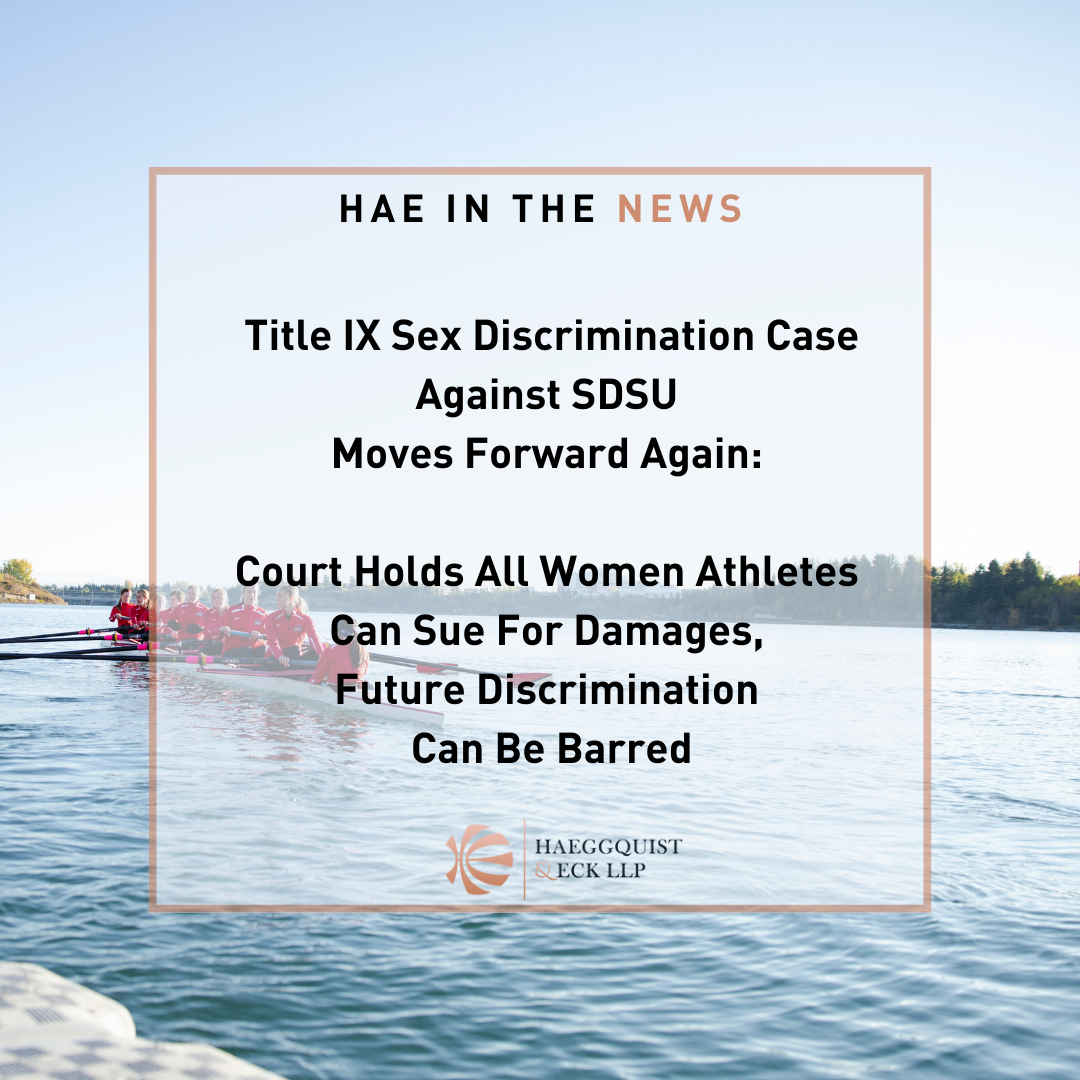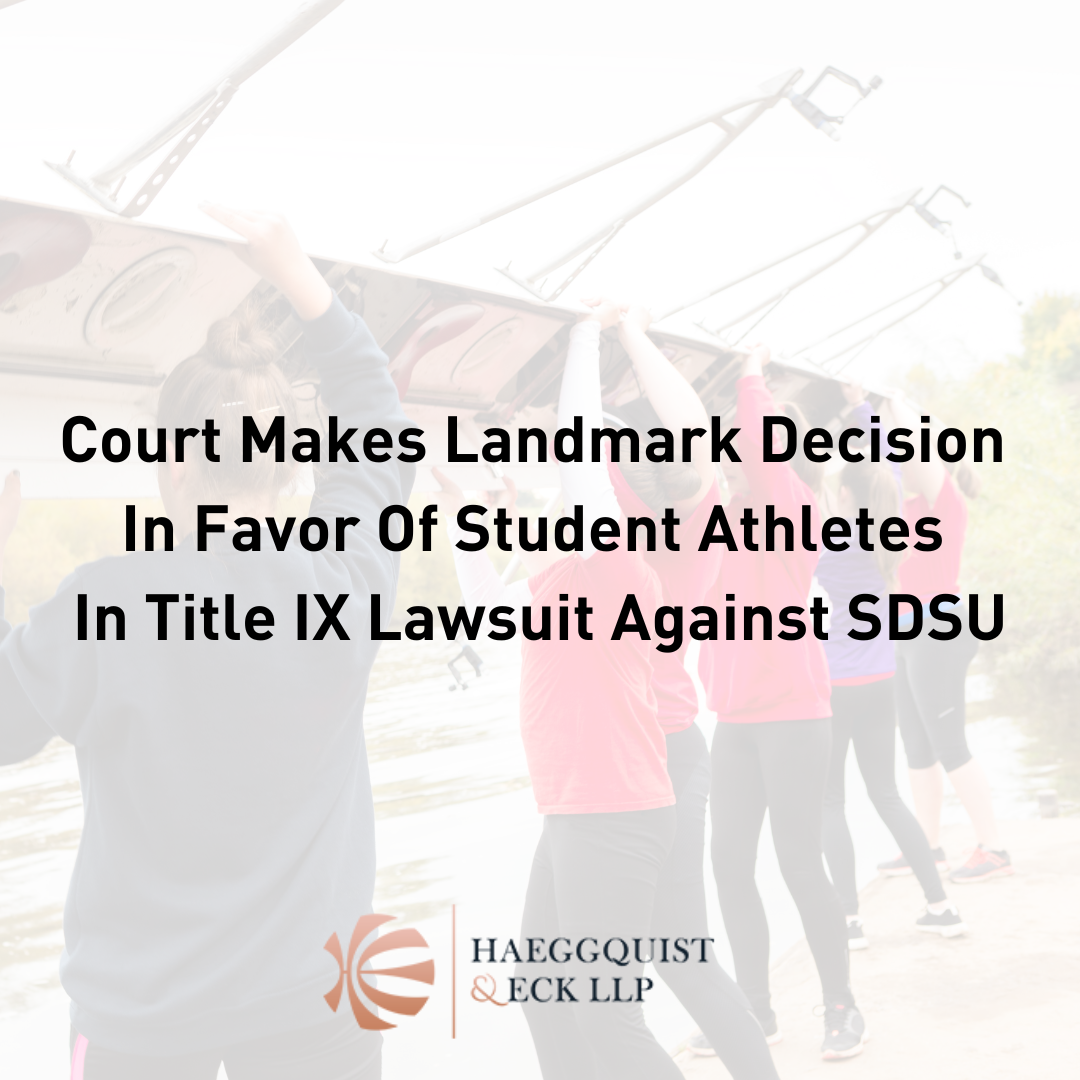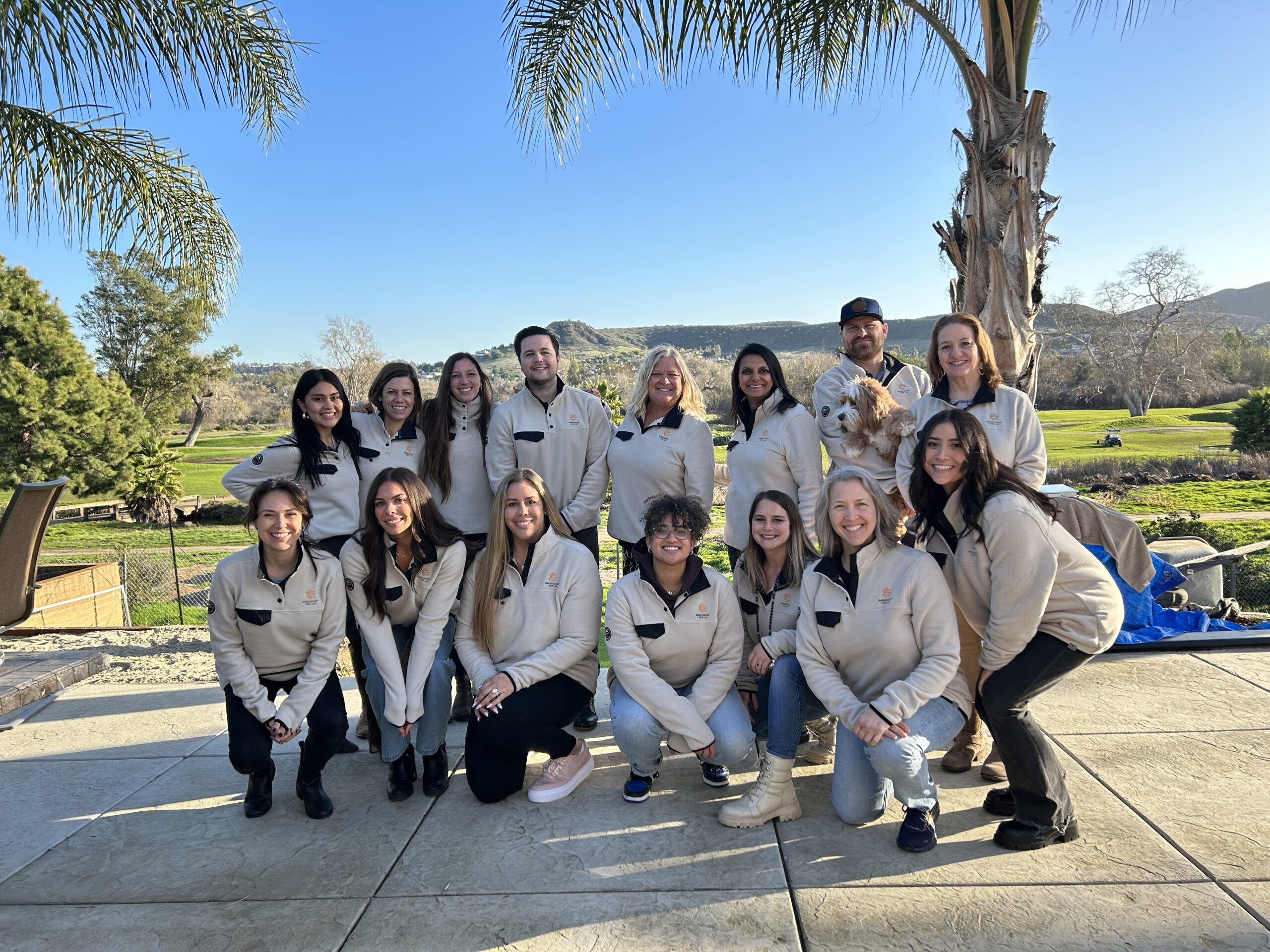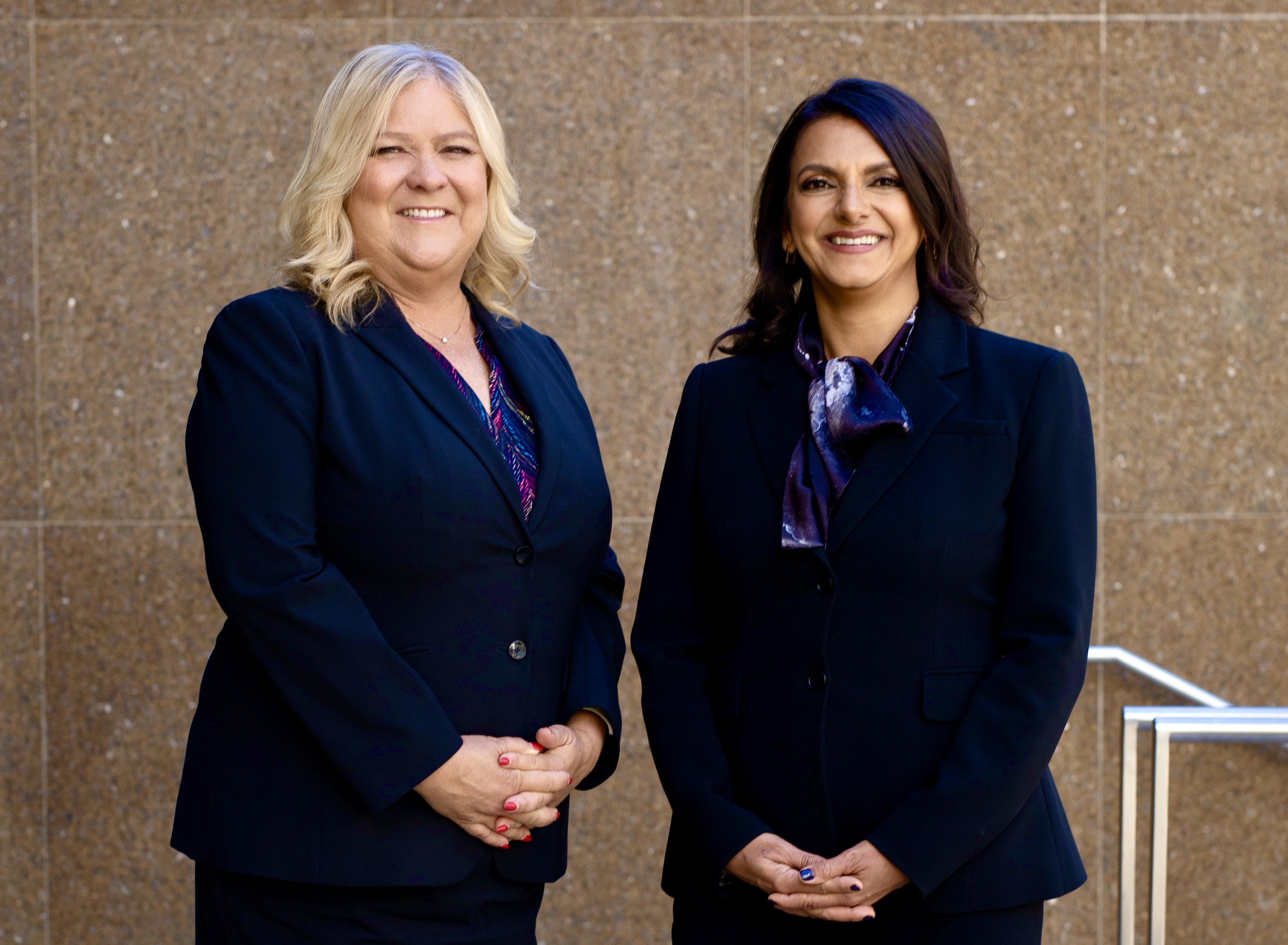
Federal Court Holds All Plaintiffs in Precedent-Setting Title IX Case Can Sue San Diego State University for Retaliation
Haeggquist & Eck, LLP is proud to co-counsel on this landmark case with Bailey & Glasser, LLP and Casey Gerry Press Release from Bailey &







